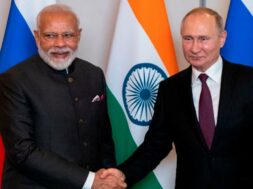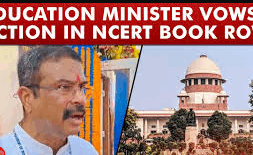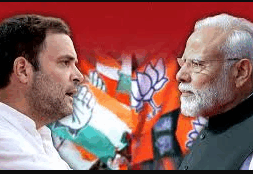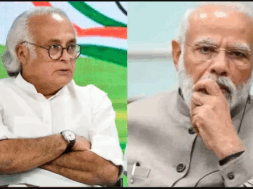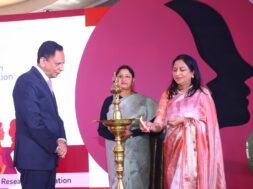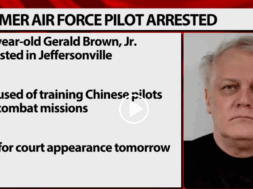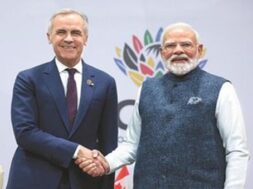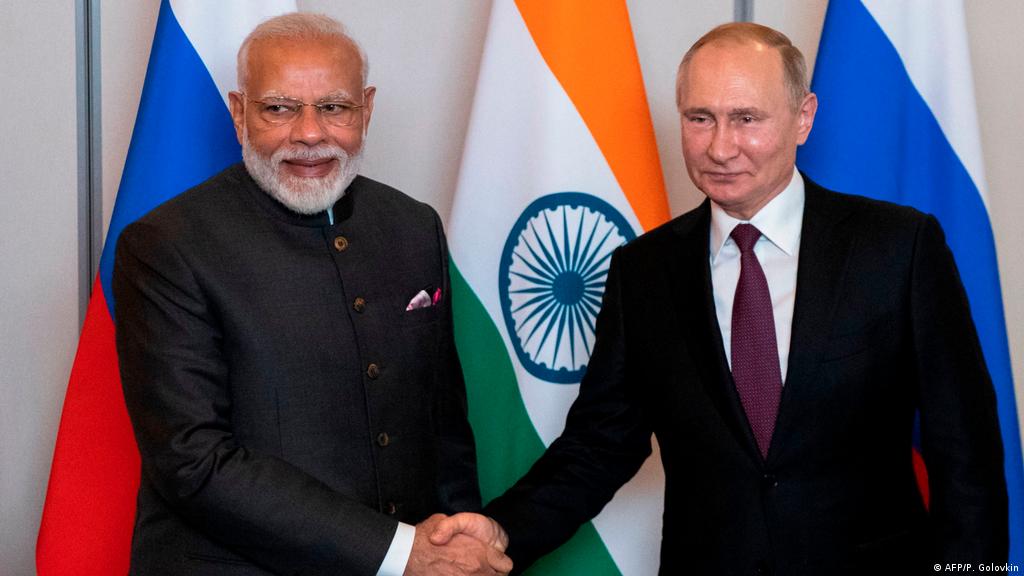
India-Russia Summit Talks, Deal Signed to Manufacture Six Lakhs AK-203 Rifles at Amethi
NEW DELHI, Dec 6: The Prime Minister Narendra Modi and the Russian President Vladimir Putin on Monday held the 21st India-Russia summit covering an array of areas with an aim to further enhance the special and privileged strategic partnership between the two countries.
India also signed two major agreements with Russia as the two countries began their first-ever 2+2 ministerial dialogue on Monday morning. Defence Minister Rajnath Singh met his Russian counterpart Sergey Shoigu and the two sides signed contracts for the manufacture of nearly 6 lakh AK-203 rifles under a joint venture at Amethi in Uttar Pradesh. The deal is worth over Rs 5000 crores. The two countries also signed an agreement to extend military technology cooperation for the next decade, from 2021 to 2031.
In his initial remarks, Modi said there was no change in the pace of relations between India and Russia despite the COVID-19 pandemic. Modi said the special and privileged strategic partnership between the two sides was getting stronger and both sides remained in touch on the situation in Afghanistan and other issues.
In the last few decades, the world witnessed many fundamental changes and different kinds of geopolitical equations and variables but the friendship of India and Russia remained constant, Modi said. “Your visit to India is a reflection of your commitment to ties with India,” the prime minister said.
Putin flew into India on a short visit for the summit. The day began with Defence Minister Rajnath Singh’s talks with his Russian counterpart Sergey Shoygu under the framework of the India-Russia Inter-Governmental Commission on Military-Technical Cooperation. Separately, External Affairs Minister S Jaishankar held talks with his Russian counterpart Sergey Lavrov. Then the foreign and defence ministers of the two sides held the ‘2+2’ dialogue. Lavrov and Shoygu had arrived in Delhi late on Sunday night.
Soon after the agreements were signed, Modi and Putin met for the summit talks on Monday evening. After the meeting with Shoygu, Rajnath Singh tweeted that the two leaders had “productive, fruitful and substantial bilateral discussions on defence cooperation” and that “India values its special and privileged strategic partnership with Russia”.
He said in a second tweet, “India deeply appreciates Russia’s strong support for India. We hope that our cooperation will bring peace, prosperity and stability to the entire region.”
Till now India has had a 2+2 format of meetings with the US, Japan and Australia—all members of the Quad grouping.
The leaders from the two nations are expected to sign as many as ten agreements in the fields of defence manufacturing including rifles and helicopters, defence logistics, oil and space, among others.
In the background of the India-Russia summit talks, a retired Indian diplomat said the deterioration in the India=China relationship at present was “much worse” than the previous border crises between the two counties three decades ago with China adopting much more confrontational approach towards India.
According to the former Foreign Secretary and Ambassador to China Nirupama Rao, further transgression by China along the Like of Actual Control in Ladakh as the past border agreements designed to keep peace were no longer adequate.
“In 1986, the Chinese intrusion into the Wangdung area in Tawang district of Arunachal Pradesh made relations slide back and deteriorate. The deterioration today, however, is much worse,” Ms. Rao said. “Today, we are dealing with a much more assertive, much more militarily powerful China, and a very, very hyper nationalistic China. Their whole approach to these contested areas is far more confrontational than it was in Sumdorong Chu in Arunachal Pradesh in 1986,” she said.
Ms. Rao, who was involved in the process of both sides coming up with four border agreements to keep the peace starting in 1993, said the arrangements had come under stress since 2010 with the growing strength of both countries and capacities to patrol in contested areas. In June 2020, 20 Indian soldiers and at least four Chinese soldiers were killed in a clash in Galwan Valley which marked the worst violence since 1967.
(Manas Dasgupta)
